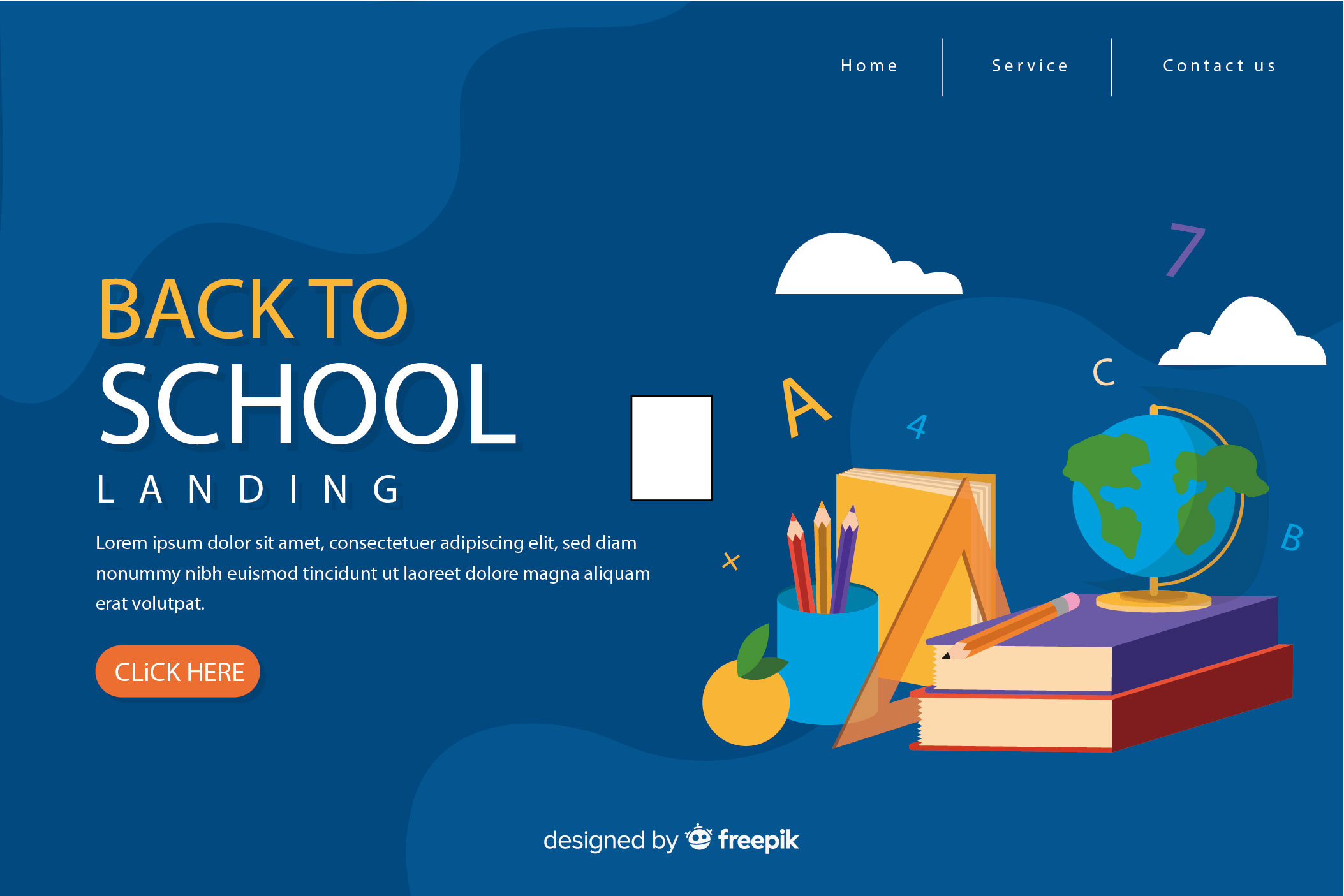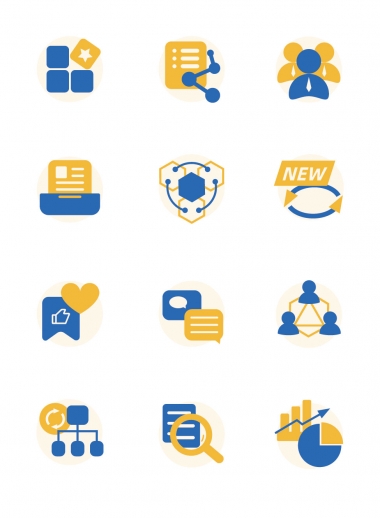Flexibility:
Vector images are also incredibly flexible, making them ideal for use in web design. Unlike raster images, which are pixel-based and can become pixelated or blurry when resized, vector images can be easily scaled, rotated, and manipulated without losing any of their original quality. This means that designers can create a single vectorized pictures and use it in various locations on a website without worrying about the image becoming distorted.
Consistency:
Consistency is key in web design, and using vector images can help ensure that all visuals on a website are consistent in quality and style. Vector images can be easily modified and adapted to fit various website components, such as headers, sliders, and icons. This means that designers can create a consistent visual language that reflects the brand's messaging and identity.
Time and Cost Efficiency:
Using professional image vectorizing services in web design can also be a time and cost-efficient option for website owners. Vector images are created using mathematical equations, which means that they can be easily modified and adapted to fit different website components. This means that designers don't have to spend time recreating visuals for different sections of a website. Additionally, because vector images are smaller in file size than raster images, they can help improve website load times and user experience.
Applications of Vector Images in Web Design

Icons and Logos:
Icons and logos are essential components of web design, and vector images are ideal for creating them. Because vector images are infinitely scalable, they can be easily resized and adapted to fit various website components. Additionally, vector images can be easily modified and adapted to fit various brand identities, ensuring that the logos and icons on a website reflect the brand's messaging and identity.
Infographics:
Infographics are a popular means of visual communication on websites, and vector images are ideal for creating them. Because vector images are highly scalable and can be easily modified, designers can create infographics that are both visually appealing and informative. Additionally, because vector images can be easily adapted to fit various website components, designers can create infographics that are optimized for different devices and screen sizes.
Website Components:
Vector images are also ideal for creating various website components, such as headers, sliders, and backgrounds. Because vector images are flexible and scalable, they can be easily adapted to fit various website components, ensuring consistency and quality across the entire website. Additionally, because vector images are smaller in file size than raster images, they can help improve website load times and user experience.
Improving Web Design Efficiency and Quality with Professional Image Vectorization Services
Professional image vectorization services can help improve web design efficiency and quality by offering a range of benefits, as we've discussed above. However, to truly maximize the benefits of vectorization, web designers and website owners must partner with professional vectorization service providers who can deliver high-quality work within a reasonable timeframe.
When choosing a professional vectorization service provider, web designers and website owners should consider the following:
Quality of Work:
The quality of the vector images produced by a service provider is a critical consideration. Web designers and website owners should review the provider's portfolio and ensure that they have experience creating vector images for web design. Additionally, they should look for providers who offer a range of vectorization services, such as logo vectorization, image vectorization, and raster to vector conversion.
Turnaround Time:
The turnaround time for vectorization services is another important consideration. Web designers and website owners should look for providers who can deliver high-quality work within a reasonable timeframe. Additionally, they should ensure that the provider can accommodate urgent requests and offer rush services if necessary.
Cost:
The cost of vectorization services is also an important consideration. Web designers and website owners should compare the pricing of various providers and ensure that they are getting a fair price for the quality of work provided. Additionally, they should look for providers who offer transparent pricing and no hidden fees.
Conclusion
In conclusion, professional image vectorization services can significantly improve the quality and efficiency of web design. Vector images offer a range of advantages over raster images, including superior quality, flexibility, consistency, and time and cost efficiency. Additionally, vector images can be used in various website components, including icons, logos, infographics, and backgrounds.
To truly maximize the benefits of vectorization, web designers and website owners must partner with professional vectorization service providers who can deliver high-quality work within a reasonable timeframe. By considering the quality of work, turnaround time, and cost when choosing a provider, web designers and website owners can ensure that they get the best value for their investment in vectorization services.
Overall, the benefits and applications of vector images in web design are clear. By embracing vectorization services, web designers and website owners can create visually stunning and highly engaging websites that offer a superior user experience.



